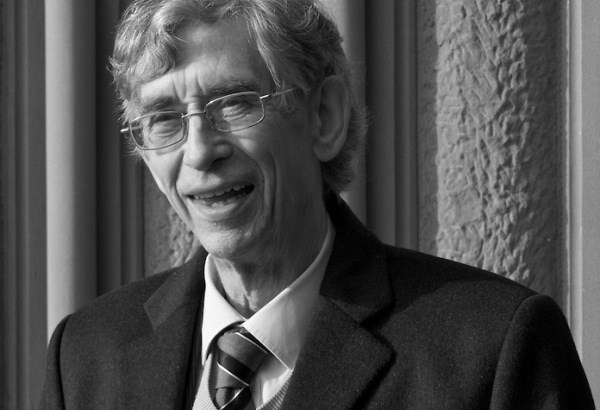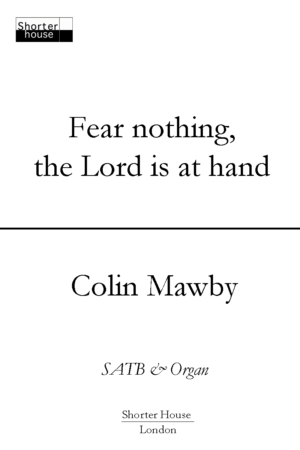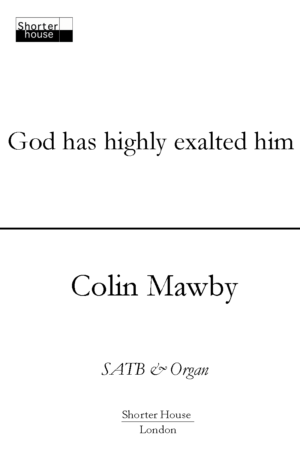from The Telegraph:
Colin Mawby, who died aged 83, was a conductor, composer and organist known for his love of polyphony, his engaging personality and his enthusiasm for choral singing; he played for the Queen at St Paul’s Cathedral, President Kennedy at Westminster Cathedral and two popes at St Peter’s in Rome.
From 1961 Mawby was master of music at Westminster Cathedral, where he tried in vain to resist the liturgical reforms of the Second Vatican Council, regarding them as leaving Catholic music “in an unsatisfactory state”.
He also faced a constant battle for funding: while the boys’ choir was financed by the diocese of Westminster and by school fees, the men’s choir was financed by the cathedral, which struggled to meet their modest honorariums.
Despite such issues absorbing his time, Mawby continued to lead his choristers in the daily offices of the Church with professionalism while championing composers such as Lennox Berkeley, the premiere of whose Five Part Mass, commissioned by Cardinal Heenan, he directed in 1964.
Mawby’s tenure ended after 14 years in a dispute about musical policy and the future of the cathedral choir school that was aggravated by personality conflicts. Matters came to a head shortly after Cardinal Heenan’s Requiem in 1975, after which Mawby was asked not to carry out his duties in the cathedral, although he was involved in Cardinal Hume’s installation in 1976. In 1979 he was succeeded by Stephen Cleobury, who died two days before him.




